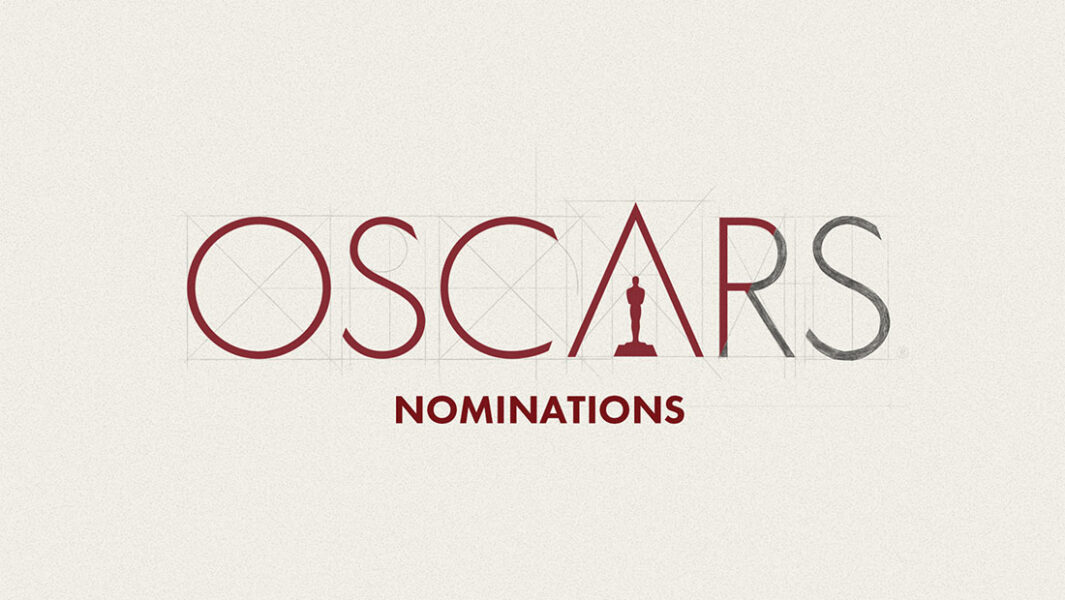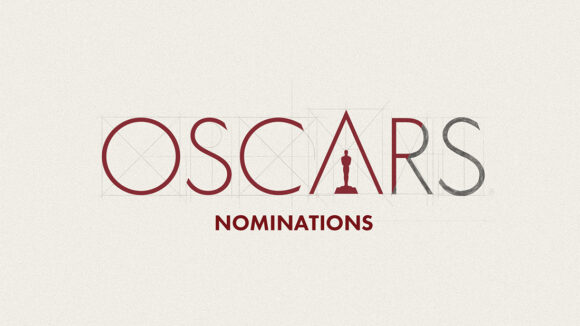

Oscar Animation Analysis: Netflix Triumphs, Shorts Get Diverse, ‘Frozen 2’ Snubbed
The nominations are out for the 2020 Academy Awards. You can see the lists in the three animation-related categories here, along with reactions from the nominees. Read on for our analysis.
Animated Feature
There are no huge surprises among the nominees in the animated feature category, but there is one bombshell omission: Walt Disney Animation Studios’ Frozen 2. The mega-profile sequel, which is currently the second-highest-grossing animated film of all time, has been snubbed, even though its predecessor won the statuette in 2014. It’s a bombshell omission not necessarily because it deserved a nomination, but rather because the Academy has rubber-stamped a nomination for ever WDAS film since the studio’s 2012 release Wreck-It Ralph.
Disney-Pixar’s Toy Story 4 has been nominated, and will be perceived as the favorite. Again, that’s not necessarily due to its quality compared to the other films, but rather because the Academy members generally vote for Walt Disney Company productions (with last year’s Spider-Verse win being a notable exception). And TS4 belongs to the most beloved franchise of the most successful studio in the category’s history (Pixar has won in nine of the 17 years the award has existed).
The leader of this year’s indie pack, Jérémy Clapin’s I Lost My Body, is also nominated, despite being ignored by the Golden Globes and the BAFTAs. Made by France’s Xilam, it’s the only non-U.S. production, and the closest thing to an indie film in the running — although it has a powerful American distributor in Netflix. It’s also the only nominee not to be aimed at a family audience: a rarity in the category, and hopefully a sign of more unpredictable choices in the years to come.
Netflix’s other major contender, its self-produced Klaus, is also among the five. The film’s animation was produced in Spain, but because it’s an in-house Netflix production, it counts as an American film. On the other hand, GKIDS — an indie distributor with a very strong Oscars record, which had submitted at least ten features this year — has come away empty-handed, the first time in seven years that it hasn’t been nominated. In effect, Netflix has snapped up the spot(s) GKIDS would normally dominate.
Netflix has previously won Oscars in international feature and documentary, but this year marks its first appearance in animation. The streamer has a couple of self-produced animated films due out in 2020, not to mention others it may collect for distribution; if it starts aiming for one or two slots each year, its presence could upend the dynamics of the category and threaten Disney’s dominance. And that’s saying nothing of other new players, like Apple.
This year’s list is rounded out by Missing Link, Laika’s cgi/stop-motion hybrid, and Dreamworks’s threequel How to Train Your Dragon: The Hidden World. Both are well-received films from established studios with some awards buzz — Missing Link was this year’s surprise Golden Globe winner. Yet Laika has never triumphed at the Oscars, while Dreamworks hasn’t won since Shrek took the category’s very first award in 2002.
A category hardly known for its diversity is once again filled with films by white male directors. This is partly a reflection of the industry, although this year’s list of 32 submitted features (a record number) featured an array of works from around the world. The year’s two highest-grossing international animated films — China’s Ne Zha and Japan’s Weathering with You — missed out on nominations twice over, as both were also in the running for the international feature film Oscar.
Animated Short Film
The animated shorts make for one of the more eclectic line-ups in the category’s recent history. What strikes us first is that three of the five are stop-motion works: Bruno Collet’s Memorable, Siqi Song’s Sister, and Daria Kashcheeva’s Daughter. We can’t remember another year when this medium dominated the list. Incidentally, these all count as indie productions.
The other two contenders, Matthew A. Cherry’s Hair Love and Rosanna Sullivan’s Kitbull, are 2d. This means that, for the first time in seven years, there are no overtly cg films in the running.
Last year’s nominees were a diverse bunch by the Academy’s standards, and this year’s continue that trend — if it can already be called a trend. Three films are directed by women, and two of them — Sister and Daughter — are student films.
Hair Love comes from African-American director (and former NFL player) Cherry, and tells the story of a black dad’s struggles to style his daughter’s hair. Having started life on Kickstarter, the film was subsequently picked up by Sony Pictures Animation, which won last year’s animated feature Oscar for Spider-Man: Into the Spider-Verse. With Sony’s promotional muscle behind it and a POV rarely represented in Oscar-nominated animation shorts, this film has a lot of momentum going into the race. (Note: Hair Love was co-directed by industry veterans Bruce W. Smith and Everett Downing Jr., who are not officially nominated, as the number of nominees is capped at two — in this case, Cherry and producer Karen Rupert Toliver.) (edited)
Kitbull came out of Pixar’s new Sparkshorts talent-spotting program, and is a rare hand-drawn offering from the studio.
Finally, a running theme: all nominees except for Kitbull are intimate studies of family relations.
Visual Effects
The big snub in this category is Alita, which tied for the most VES Award nominations last week with five. Other films that received five VES nominations were Toy Story 4 and The Lion King, which is repped with a nomination here in the Oscars vfx category. Moving Picture Company (MPC) took the award three years ago for its work on another Disney remake, The Jungle Book, and could well win again for its work on The Lion King.
But the Academy also appreciates “invisible fx” work, which sets up an intriguing clash with Martin Scorsese’s The Irishman, whose pioneering de-aging technology was handled by Industrial Light & Magic. The film is a triumph of subtle effects, which blend into the live-action environment to the point of invisibility, whereas The Lion King’s world is an entirely artificial creation. A win for The Irishman would be a rare vfx victory for a film that is neither fantasy nor sci-fi.
Disney has two other horses in this race, both flashy franchise films: Avengers: Endgame and Star Wars: The Rise of Skywalker The final nominee is 1917, Sam Mendes’s eye-catching First World War drama, which also plays strong in the “invisible fx” category.

